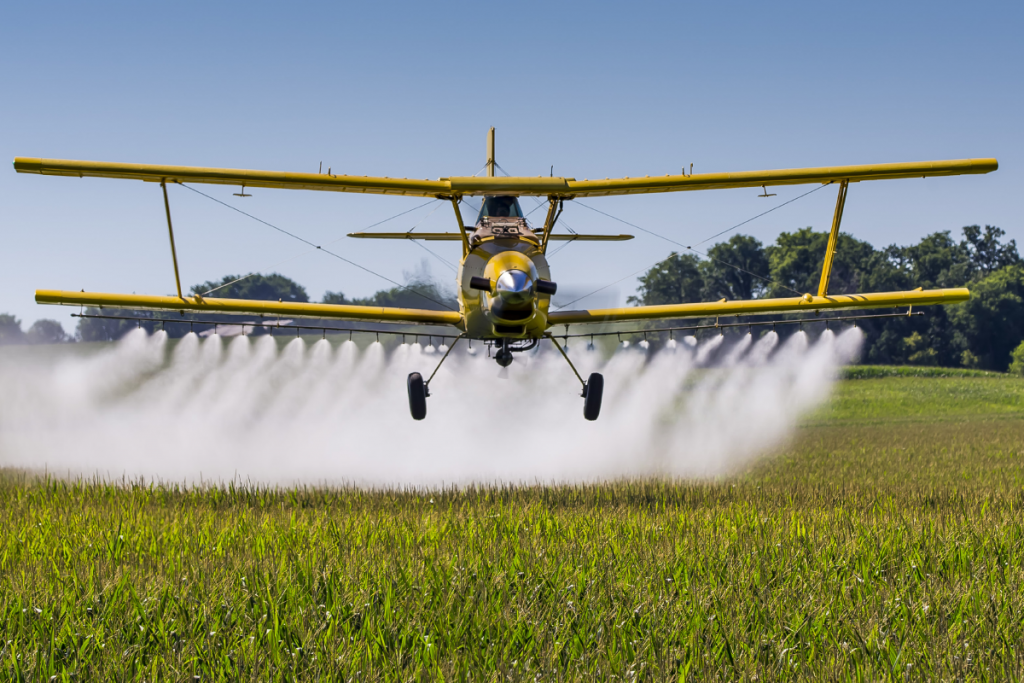Herbicide exposure during the Vietnam War is a significant problem for aging veterans that served during that time. Agent Orange is a toxic herbicide that was used heavily during the Vietnam War. Many of the Thai military bases had signifiant foliage that was used to provide cover against enemy forces. The agent orange herbicide was used to remove foliage along the perimeters of military bases, making them more visible and easier to access.
According to the office of Veterans Affairs, the veterans serving in the following areas may have experienced toxic herbicide exposure: 1) Army Veterans working perimeter security on Thailand RTAF bases, 2) Army Veterans stationed on small installations in Thailand (VA requires that the veteran was a military police member and their duty caused them to be close to the perimeter of the RTAF base), 3) Air Force Veterans serving on Royal Thai Air Force (RTAF) bases at U-Tapao, Takhli, Nakhon Panom, Korat, Don Muang, Udorn, and Upon.
VA Public Health declares that Veterans serving in the above mentioned areas between February 28, 1961 and May 7, 1975 were exposed to herbicides and may qualify for VA benefits. If you served at U-Tapao during these time periods, you were probably exposed to Agent Orange and various other toxic herbicides. The VA lists the following conditions that could have occurred as a result of herbicide exposure while serving in those areas: soft tissue sarcomas, prostate cancer, respiratory cancers, Parkinson’s disease, Hodgkin’s disease, Type 2 diabetes, ischemic heart disease, among others.
In 2010, the VA established special procedures for claims based on herbicide used in Thailand during the period February 28, 1961, to May 7, 1975. The VA found that there was significant use of herbicides on the fenced perimeters of military installations in Thailand based on a declassified DoD document titled Project CHECO Southeast Asia Report: Base Defense in Thailand. The VA concedes that Air Force veterans who served at U-Tapao as security policemen, security patrol dog handlers, or members of a security police squadron, or otherwise who served near a base perimeter, as shown by their military occupational specialty (MOS), daily work duties, performance evaluations, or other credible evidence were exposed to these dangerous herbicides.
Call Us If You’ve Experienced Herbicide Exposure!
If you served in these areas during the time periods mentioned above, you could receive significant disability benefits if your disability is a result of the agent orange exposure. Davidson Elder Law is here to help you collect the evidence and documents necessary to present your case. Call us at (229) 226-8183 or email [email protected] and we’ll be glad to help.

